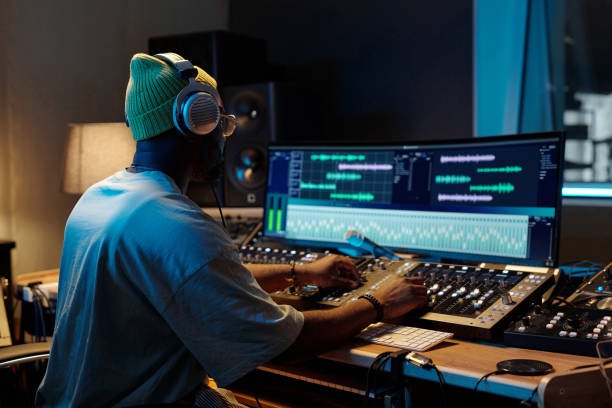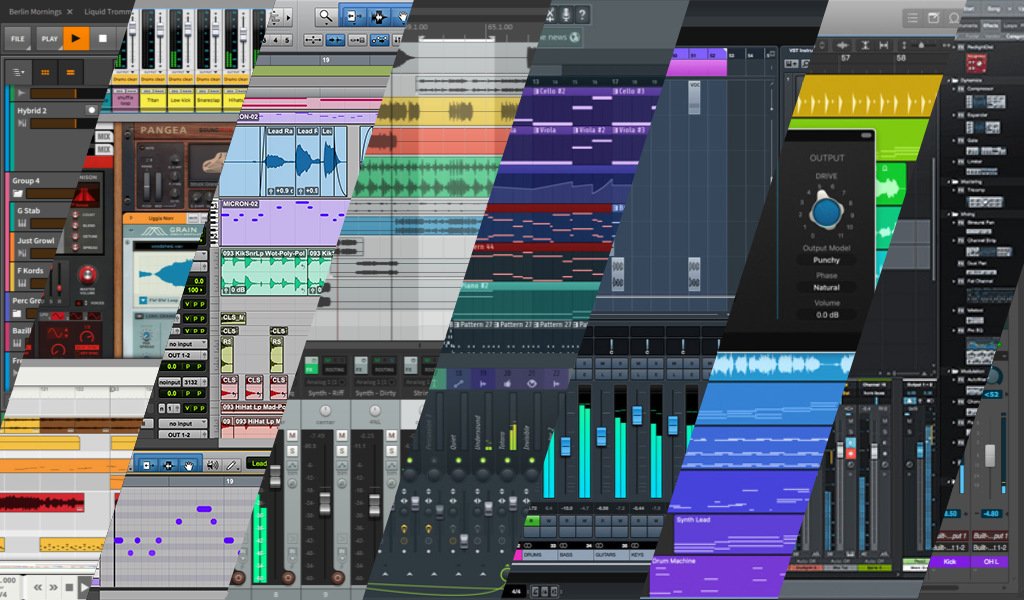Becoming a paid music producer is an exciting journey that blends creativity, technical expertise, and business acumen. If you’re just starting out, it can feel overwhelming. However, with the right steps and mindset, you can set yourself up for success. Here are the five most important steps to kick-start your career as a paid music producer, along with examples of how successful producers got their start, income expectations, and pricing guidance.
Step 1: Build Your Skills and Portfolio

Your skills are your foundation. Mastering production tools, techniques, and styles is crucial for attracting clients.
How to Do It:
- Learn the basics of music production software like Ableton Live, Logic Pro, or FL Studio. Use free tutorials on YouTube or enroll in courses like those on Masterclass or Skillshare.
- Experiment with creating tracks in different genres to broaden your expertise.
- Share your work on platforms like SoundCloud or Bandcamp to build a portfolio.
Canadian record producer Illangelo, known for his work with The Weeknd, started by experimenting with software and self-releasing music online. His unique style attracted attention from artists and labels.
Step 2: Network and Collaborate

Relationships are key in the music industry. Collaborations can open doors to new opportunities.
How to Do It:
- Join local or online music producer communities, such as forums on Reddit (e.g., r/WeAreTheMusicMakers).
- Reach out to independent artists to offer your production services in exchange for exposure or experience.
- Attend music events, workshops, and festivals to connect with other industry professionals.
Metro Boomin began his career by networking on social media and collaborating with emerging artists. His persistence and talent led to high-profile collaborations with artists like Future and Drake.
Step 3: Develop a Professional Online Presence

Your online presence is your business card in the digital age. It’s where potential clients will discover and evaluate you.
How to Do It:
- Create a professional website showcasing your portfolio, services, and contact information.
- Use social media platforms like Instagram, TikTok, and YouTube to share production tips, behind-the-scenes content, and completed projects.
- Optimize your profiles on platforms like Fiverr or SoundBetter to attract clients looking for music producers.
Kenny Beats leveraged platforms like Twitch and YouTube to showcase his production process and engage with his audience, which expanded his reach and built his brand.
Step 4: Offer Paid Services and Set Competitive Rates

Clear and fair pricing helps you establish yourself as a professional.
How to Do It:
- Start by offering affordable rates to build experience and attract clients. For instance, charge $50–$200 for a beat, depending on complexity.
- Offer additional services such as mixing and mastering ($100–$500 per track) or sound design ($50–$300 per sound pack).
- Research market rates on platforms like SoundBetter to ensure you’re competitive.
What you can expect to earn:
- Year 1–2: $5,000–$15,000 annually, working part-time or freelancing.
- Year 3–5: $30,000–$60,000 annually, with established clients and higher rates.
- Experienced producers can make six figures or more depending on demand and licensing agreements.
Step 5: Continuously Improve and Market Yourself

Staying relevant and improving your skills keeps you competitive.
How to Do It:
- Regularly update your portfolio with fresh projects.
- Take advanced courses or workshops to refine your craft.
- Invest in marketing, such as running ads on social media or collaborating with influencers.
- Learn about licensing and royalties to maximize your earnings.
Calvin Harris constantly evolved his sound, producing hits across different genres, which kept him in demand and highly successful.
Additional Resources
- Curtiss King’s YouTube Channel: A great resource for music production tips and industry advice.
- Busy Works Beats: Tutorials on music theory and beat-making.
- Music Production Reddit Community: Networking and advice from fellow producers.
Embarking on a career as a music producer requires persistence, passion, and a willingness to adapt. By following these steps and learning from successful producers, you’ll be well on your way to turning your passion into a sustainable profession. Good luck!





